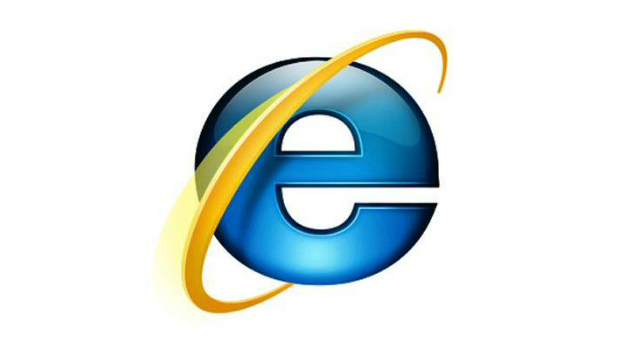
Microsoft to end IE10 support years early, enterprise told to upgrade to IE11
Microsoft has told the remaining users of Internet Explorer 10 (IE10) that it would cut off support years earlier than promised, saying it would end security updates for the browser in January 2020.
IE11 will replace IE10 on systems running Windows Server 2012.
“Starting in the spring of 2019, commercial customers running Windows Server 2012 and Windows Embedded 8 Standard can begin using IE11 in their test environments or pilot rings,” wrote Suchithra Gopinath, a Microsoft program manager, in a 28 January 28 post to a company blog. “You will have until January 2020 to complete the transition from IE10 to IE11. After this, we will not release any security or non-security updates, free or paid assisted support options, or online technical content changes for IE10.”
IE10 was supposed to receive security updates until 10 October 2023, the retirement date for Windows Server 2012. That support had been promised after Microsoft forced customers to upgrade to the latest version of IE for their operating system, an order that meant most had to adopt IE11 or migrate to a rival browser. The mandate ended IE8’s support four years before its time and IE10’s seven years early on OS including Windows 7 and Windows 8.
The only non-embedded operating system allowed to run IE10 while still receiving updates was Windows Server 2012. Gopinath’s announcement effectively culled three more years from IE10’s once-pledged support on Windows Server 2012.
She cited “(a) shift to a faster, more secure browsing experience” as the reason for the abandon-IE10 decision and added that “it will also allow you to reduce the number of Internet Explorer versions you support in your environment.”
The latter was as likely a reason for Microsoft’s command as any. The Redmond had long ago designated Internet Explorer a has-been, continuing to support it solely as a legacy application for commercial customers who were stuck on aged-if-not-obsolete web apps and intranet sites designed for IE during its heyday. Dumping it will remove a browser from Microsoft’s list of responsibilities as well as for enterprise customers.
To be fair, losing IE10 will not be a shock to the Web: according to analytics vendor Net Applications, the browser accounted for just four-tenths of a percent of all user share in December 2019. (It’s doubtful that an appreciable amount of that 0.4% share came from Windows Server 2012; much more likely, the bulk of the remaining IE10 share ran unsupported on older client OS).
Microsoft set the end date for IE10 support on Server 2012 and Windows 8 Embedded as 31 January 2020, or one year from now. Before then, customers must replace it with IE11, which can be downloaded from the Microsoft Update Catalog. Later this year, Gopinath said, an IE10-to-IE11 upgrade will be offered via Windows Update and the Windows Server Update Services (WSUS).
IDG News Service







Subscribers 0
Fans 0
Followers 0
Followers